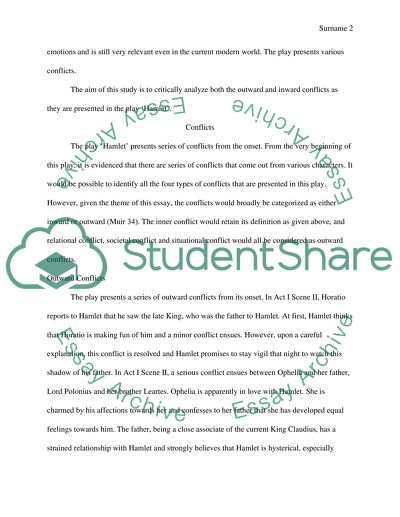Cite this document
(“Hamlet Conflicts Term Paper Example | Topics and Well Written Essays - 2250 words”, n.d.)
Retrieved from https://studentshare.org/literature/1452810-hamlet-conflicts
Retrieved from https://studentshare.org/literature/1452810-hamlet-conflicts
(Hamlet Conflicts Term Paper Example | Topics and Well Written Essays - 2250 Words)
https://studentshare.org/literature/1452810-hamlet-conflicts.
https://studentshare.org/literature/1452810-hamlet-conflicts.
“Hamlet Conflicts Term Paper Example | Topics and Well Written Essays - 2250 Words”, n.d. https://studentshare.org/literature/1452810-hamlet-conflicts.


